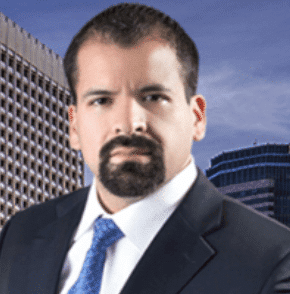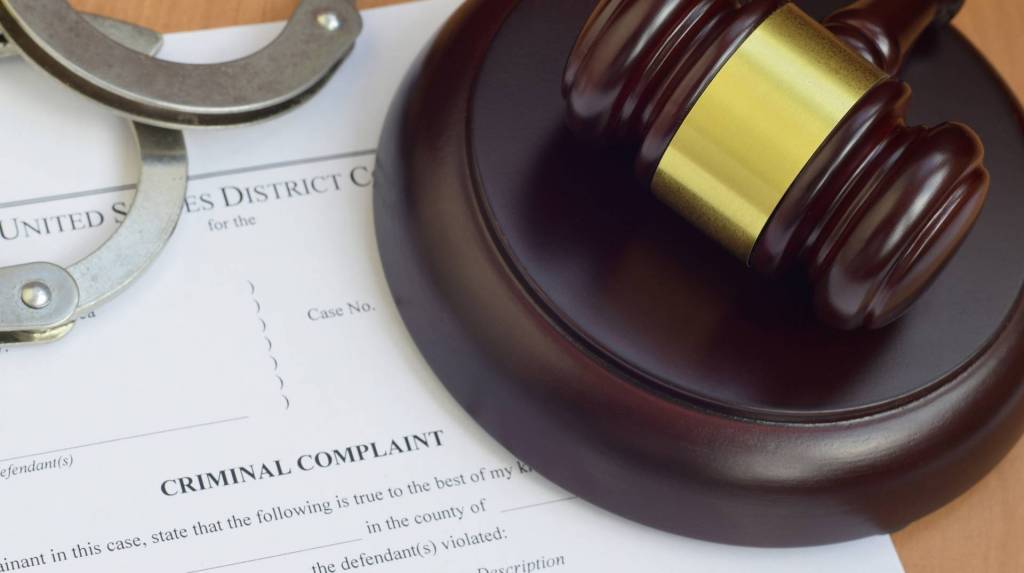After decades of harsh criminal sentencing policies that caused prisons to overcrowd and courts to order a cap on the state’s prison population, the criminal justice pendulum in California is swinging back in a more progressive direction.
For example, after a decade of court rulings and new laws broadening its discretion, the California Board of Parole Hearings is now empowered to offer more inmates an opportunity for parole.
Proposition 57, for example, which was approved overwhelmingly by the voters of California in 2016, gives the California Board of Parole Hearings additional discretion by allowing more offenders to shorten their prison terms and to move up the dates of their parole hearings.
Proposition 57 also gives the Board of Parole Hearings new and expanded authority over a larger number of inmates in the state prison system.
With its current, more comprehensive legal authority and flexibility, Governor Jerry Brown has put the State Board of fourteen women and men at the front of his efforts to reduce inmate numbers and focus on rehabilitation rather than punishment.
The State Board of Parole Hearings will no longer focus so much on a particular crime’s severity, instead, the Board will seek to determine if offenders have learned to understand fully that what they did was wrong.
WHAT WAS THE PAROLE BOARD’S FOCUS IN THE PAST?
Previously, the State Board of Parole Hearings could and often would deny an early release based solely on an inmate’s history and without regard to whether or not the inmate’s early release would pose a threat to public safety in the future.
For decades, in fact, this state’s parole commissioners have been charged with either being too lenient on prison inmates or with taking a hard line too far.
Prior to Governor Brown’s election in 2010, seats on California parole boards were held predominantly by former police officers, public officials, and victims’ advocates who supported tough sentencing. The governor appointed Jennifer Shaffer as the State Board of Parole Hearings executive officer in 2011.
Under her leadership, the Board is now more diversified, and Shaffer has worked to speed up parole hearings, conduct more parole hearings, and arrange the release of elderly and extremely youthful offenders.
Today, the State Board of Parole Hearings supervises as many as four hundred parole hearings each month, and inmates are more likely today than in the past to be granted a release from state custody.
In 2016, 820 California inmates – sixteen percent of those who had parole hearings – were approved for parole, whereas just a decade ago, only 119 prisoners – less than two percent of those who had parole hearings – were granted parole.
Proposition 57 has meant a great deal more work for the state’s parole commissioners, who are expected to grant more than 11,000 paroles over the upcoming four years.
HOW CAN INMATES ENHANCE THEIR CHANCES FOR PAROLE?
Inmates may now work to have their parole hearings moved up by earning good behavior credits and by participating in educational, vocational, and rehabilitation programs.
Primary consideration is given to inmates convicted of crimes that are not categorized as “violent crimes” by state law.
Ironically perhaps, some observers believe California’s shift to a more progressive criminal justice system is, for the most part, in reaction to one single, violent crime and its aftermath.
In 2008, by a 4-to-3 margin, the California Supreme Court found that Sandra Davis Lawrence should be eligible for parole – 24 years after committing the murder of her boyfriend’s wife. Governor Schwarzenegger objected and called the crime “a cold, premeditated murder carried out in an especially cruel manner and committed for an incredibly petty reason.”
Frankly, after considering the details of the crime, few would disagree with Governor Schwarzenegger’s assessment. What’s different now, however, is the focus of the law and the parole hearings.
Jennifer Shaffer tells the Los Angeles Times, “That really changed the focus of our hearings. From ‘You did what? Tell me about the crime,’ to ‘Who were you then? Who are you today and what’s the difference?'”
In a confirmation hearing before the California State Senate earlier this year, parole board commissioner Randolph Grounds, a former prison warden, focused strongly on placing inmates in vocational and rehabilitation programs and preparing prisoners to re-enter their communities in a positive and constructive way.
IS THERE OPPOSITION TO THE PAROLE BOARD’S NEW APPROACH?
Nevertheless, plenty of opposition remains to the state’s more progressive approach to criminal justice. State Senator Jim Nielsen, who formerly chaired the California Board of Prison Terms, tells the Los Angeles Times that the new parole procedures disempower victims and place communities at risk. “I am one who most believes in rehabilitation, but I also know that in prison, the capacity to rehabilitate has not expanded much.”
Proposition 57 is only one in a series of recent “progressive” criminal justice initiatives approved by the voters of California.
Proposition 36 was approved by voters in 2000. It allows certain offenders convicted of non-violent drug possession charges to serve probation rather than prison or jail time.
Proposition 47 was approved by California voters in 2014. It reduced the number of property and drug crimes from felonies to misdemeanors.
No one, of course, should get the idea that law enforcement officers in California will not diligently pursue dangerous criminals or that district attorneys in this state will not forcefully prosecute serious crimes.
If you are charged with any criminal offense in the greater Los Angeles area or elsewhere in Southern California, you are going to need a defense lawyer’s help. You’ll need to speak promptly with a criminal defense attorney.
If you are accused of breaking the law, and you are not guilty, an experienced Los Angeles criminal defense attorney can advocate aggressively for justice by seeking a dismissal of the charge or a not guilty verdict at trial.
However, if the case against you is supported by overwhelming evidence and your conviction is certain, your defense attorney can arrange a plea bargain, place you in a diversion program, or work for some other alternative sentencing.
California may be more progressive than other states, but if you are charged with a crime, you’ll need more than flowery rhetoric about progress. You’ll need an attorney who knows how to win.














